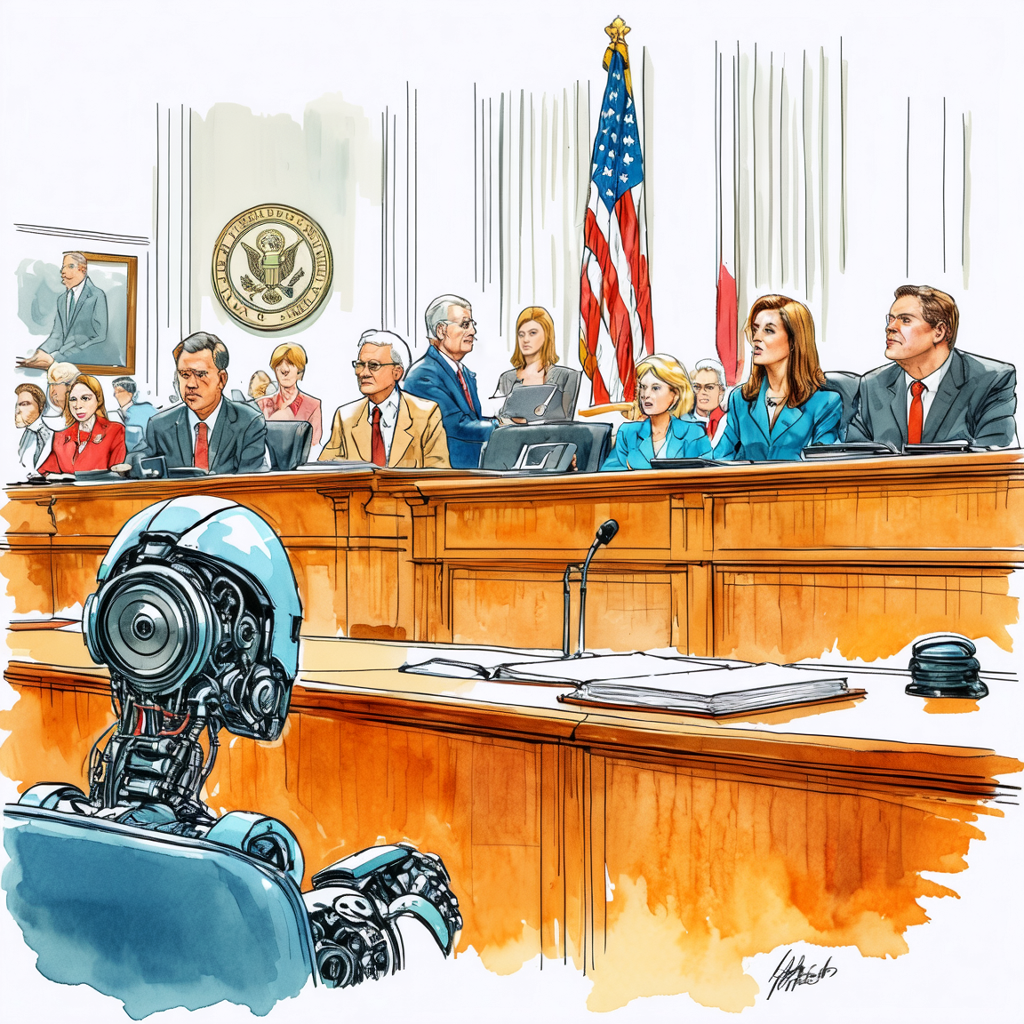The Dawn of a New Legal Battle
In a landmark case that has captured the attention of the music and tech industries alike, major record labels including Sony Music Entertainment, Universal Music Group, and Warner Music Group have initiated legal action against AI companies Suno and Udio. This legal confrontation stems from allegations that these AI firms have unlawfully used copyrighted music to train their algorithms. This case not only highlights the ongoing tensions between copyright holders and technology innovators but also sets the stage for a significant judicial interpretation of copyright laws in the digital age.
Key Players: Titans of Industry
Sony, Universal, and Warner are not just powerhouses in the music industry; they are institutions that have shaped the cultural landscape. On the other side, Suno and Udio, though newcomers, are at the forefront of AI technology, specializing in creating and distributing AI-generated music. These companies utilize sophisticated algorithms capable of composing music that resonates with human emotions, challenging traditional notions of creativity and ownership.
Legal Arguments: The Crux of the Copyright Claim
The contention centres around the alleged use of copyrighted music tracks without authorization to train AI systems that generate similar sounding music. The record labels argue that this not only violates copyright laws but also unfairly profits from the creativity and investment of original artists and producers. The legal framework being tested includes aspects of copyright law that have rarely been scrutinized in the context of advanced AI technologies, drawing parallels with landmark cases in the past.
Industry Implications: A Ripple Effect
The outcome of this lawsuit could have profound implications for both the music industry and the burgeoning field of AI. For musicians and producers, it’s about ensuring fair compensation and recognition for their creative contributions. For AI companies, the lawsuit presents a potential roadblock in the path of innovative content generation technologies that rely on vast datasets, which may include copyrighted material. The fear is that a restrictive ruling could stifle innovation and the development of creative AI tools that benefit the broader creative community.
Broader Context: Technology Meets Law
This case is a vivid example of the growing intersection between technology and copyright law, reflecting broader societal questions about the role of AI in creative processes. Legal experts and industry analysts are closely watching the developments, and their insights suggest a split in opinion. Some advocate for a balanced approach that fosters both innovation and respects copyrights, while others demand stringent measures to protect artists’ rights unequivocally.
Stay Informed
As this case unfolds, its outcomes could set precedents that will influence both the evolution of AI technology and the future of copyright law. Readers are encouraged to stay engaged with this story as it develops, understanding its broader implications for technology, law, and creative industries. For those keen on exploring further, delving into the nuances of copyright law changes and technology advancements could provide deeper insights.
Why This Matters
The Sony Music, Universal Music Group, and Warner Music Group vs. Suno and Udio lawsuit represents a critical juncture in the intersection of technology and copyright law. With significant implications for artist compensation, copyright control, and AI development, this legal battle is not just about who wins or loses in court, but about shaping the future landscape of music and technology for years to come.
As the boundaries of technology stretch, so too do the boundaries of law, challenging us to redefine the harmony between creation and copyright.


